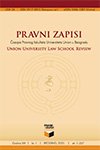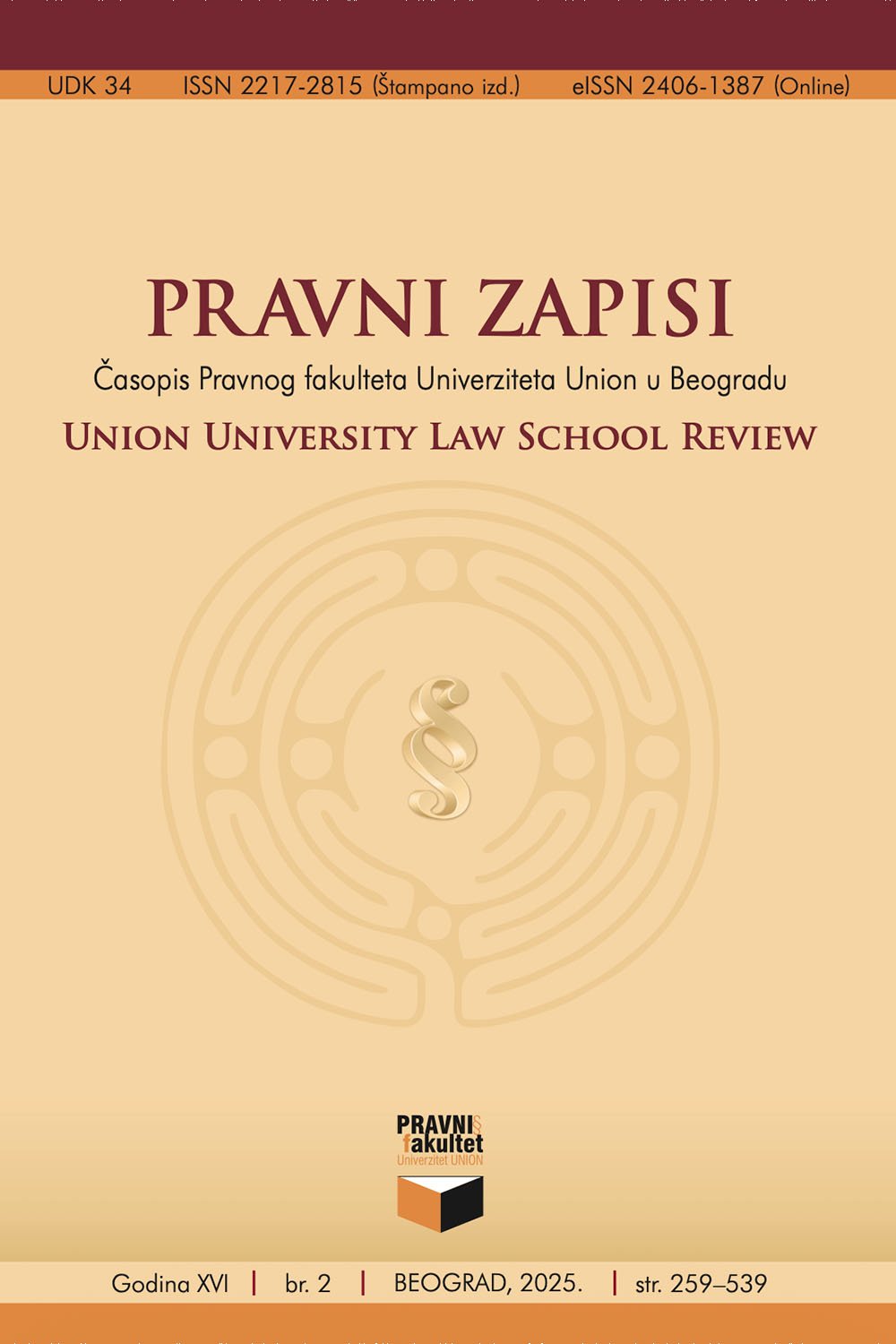PRAVNI ZAPISI • Year XVI • no. 1 • pp. 87–118
GENERAL UNIVERSITIES ACT 1954: THE FIRST POST-WAR LAW ON HIGHER EDUCATION IN YUGOSLAVIA AND ITS LONG-TERM EFFECTS, Part One

Serbian
Dejan Popović
Professor Emeritus, University of Belgrade, Faculty of Law
e-mail: dejan.popovic@ius.bg.ac.rs
ORCID ID: 0002-6543-7858
Zoran S. Mirković
Professor, University of Belgrade, Faculty of Law
e-mail: zoranm@ius.bg.ac.rs
ORCID ID: 0009-0002-1238-5414
Pravni zapisi, No. 1/2025, pp. 87-118
Original Scientific Article
DOI: 10.5937/pravzap16-58015
KEY WORDS
General Universities Act, Legal entity status, University Council, Rector, University Management, Dean, University professors, Students, League of Communists of Yugoslavia.
ABSTRACT
After the break with the USSR, the Yugoslav communists began to build a different model of socialism, in which higher education was given a certain autonomy, while the Party preserved its monopoly of power. From 1952 to 1954, a broad debate (including both communist politicians and professors) was held about the issues of new organization of universities and faculties, State’s influence on managing these institutions, the election of professors, etc. In 1954, the Federal People’s Assembly passed the General Universities Act. With this law, universities and faculties were given the status of legal entities and the right to adopt their statutes. They were governed by a council (in which professors and the state /with students/ each had 50% of the votes), a rector/dean and a university/faculty management. The influence of this law is still felt in the successor states of ex-Yugoslavia, and in Serbia, Croatia and North Macedonia faculties still have the status of legal entities.

